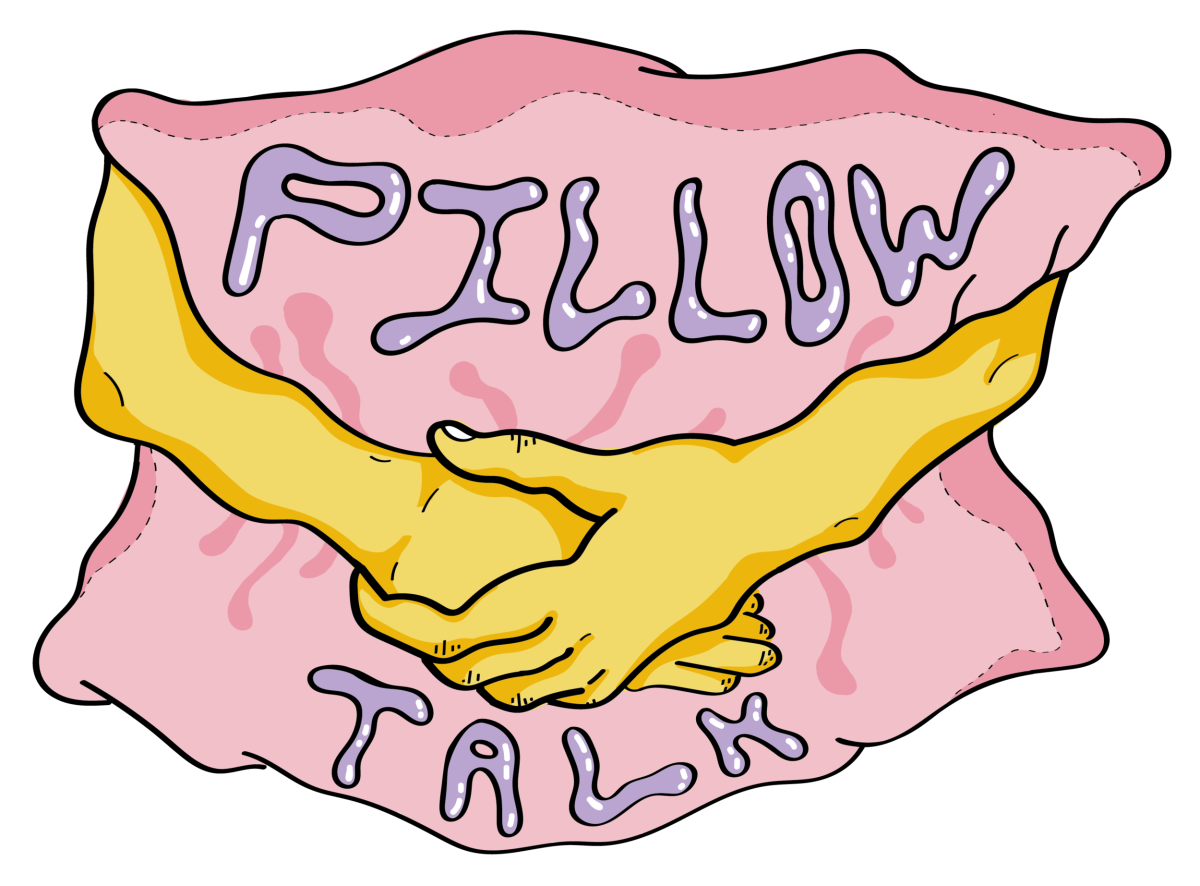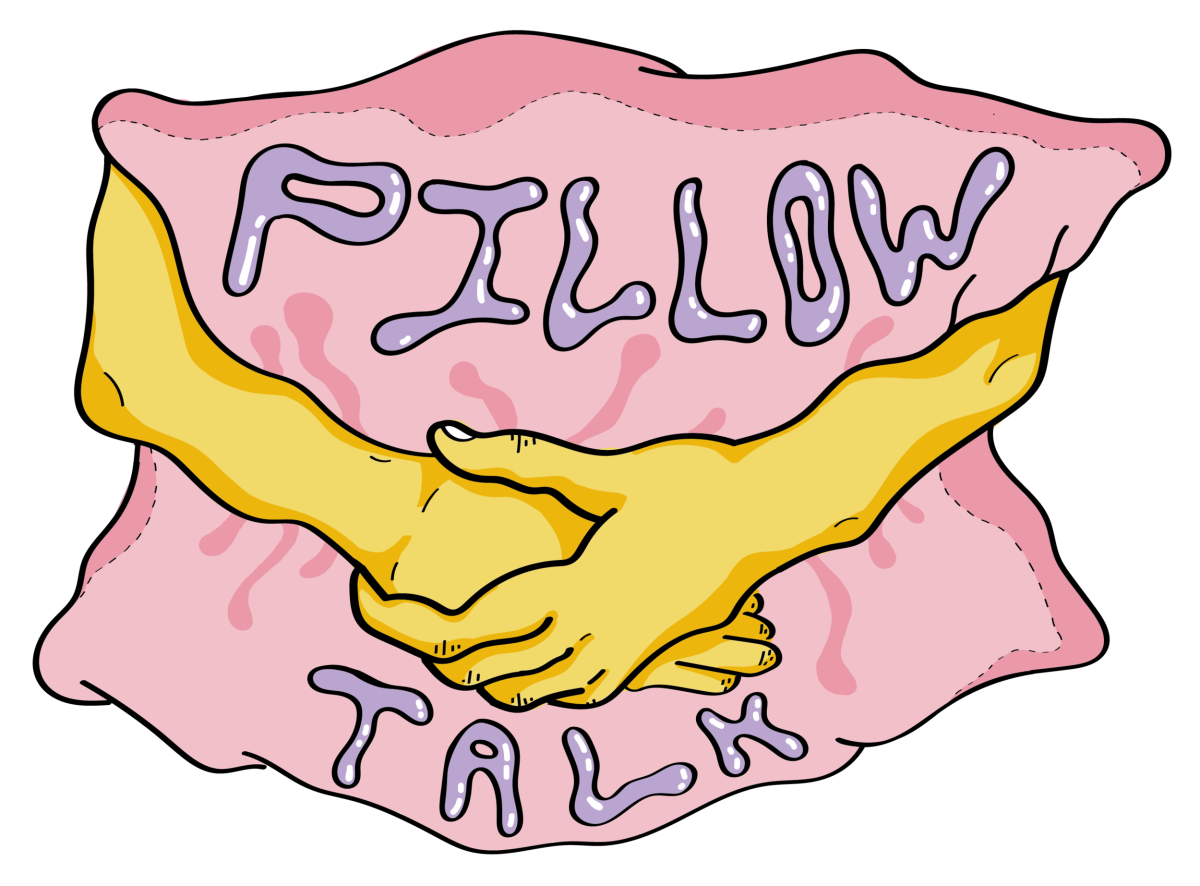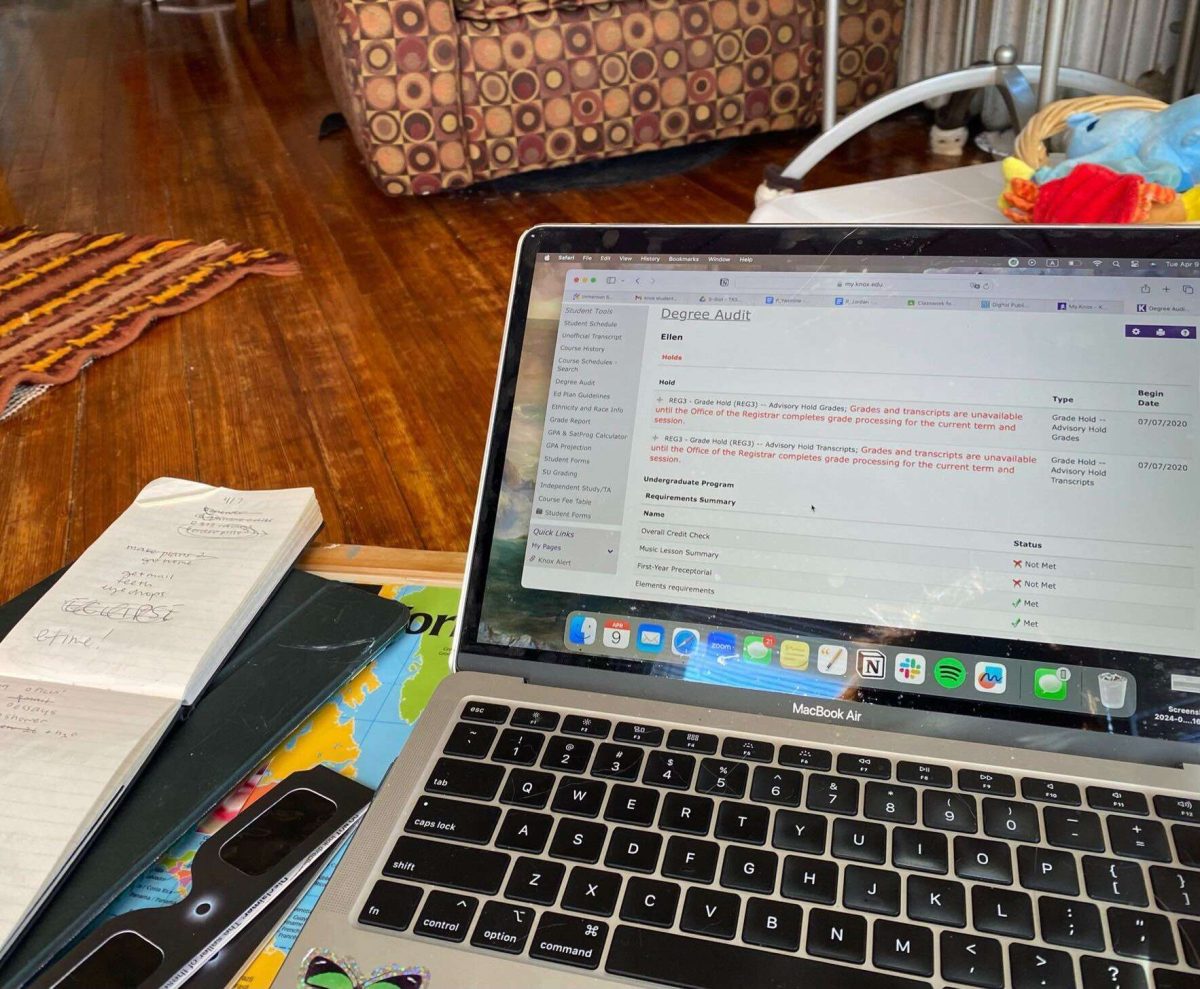Hi Pillowtalk,
I have a vagina, and penetration has been consistently very painful for me. Are there ways I could teach myself—either alone or with a partner—to make penetration more comfortable? And how do I communicate with future partners that penetration might be off the table for me?
Vaginal pain is something that can be really frustrating and distressing to experience, especially if you enjoy penetration conceptually. To imagine and attempt to carry out what should be a pleasurable experience and instead encounter pain is discouraging, and it’s natural to get itchy for solutions.
Here’s the thing: what you’re describing (painful vaginal intercourse) is what’s called dyspareunia. Dyspareunia is such a broad term, though, that it’s hard to pinpoint the cause (and treat it) without a pelvic examination, or at least the advice of a medical professional. I strongly advise you not attempt to push through pain in an attempt to make penetration more comfortable if some basic interventions don’t work. Go to the doctor, preferably a gynecologist or sexual health practitioner. Family Planning of Western IL is within walking distance of campus and offers sliding scale payment. They usually have appointments available within the week.
What I can do is give you some at-home ways to see if you can resolve this yourself. Occasionally, it’s a lubrication issue; if the penetration happens with minimal foreplay and no lube, the friction can cause microtears on the vaginal walls that can lead to stinging, irritation, and sometimes infection. Lube isn’t just for people who don’t produce a lot of natural wetness; lube makes everything easier, smoother, and safer. Check out my lube article for help picking one out.
If your doctor gives you the go-ahead, there are also dilators (like a set of dildos ranging in size) that can help your vaginal canal become accustomed to penetration. Use them slowly, with lots of lube, and simply keep them inserted without any thrusting or bouncing.
It is possible what you’re experiencing is vaginismus (the painful contraction of the pelvic floor muscles in response to penetration). Vaginismus is best treated by going to a pelvic floor therapist, who can help you figure out which muscles need attention and the right way to exercise them. Kegels are not the end-all be-all of pelvic floor exercises; if you want to read up on other ways to strengthen your pelvic floor, there are lots of resources online about stretches and diaphragmatic breathing, which might be a good place to start.
I am going to continue to assert that this is something best handled by a doctor; not because it’s super serious and scary, but because there’s such a wide variety of other things that could factor into painful penetration that I can’t even begin to cover. You could have a hormone or white blood cell issue that’s weakening your vaginal walls, you could just need lots more foreplay or clitoral stimulation, you could be experiencing a symptom of something like endometriosis. Pleasure is important to your body’s wellbeing, and it’s in your best interest to check this out.
Lastly, I want to stress that penetration is not a requisite part of pleasurable intercourse. If penetration is something you’re passionate about incorporating more into your sex life, that’s a good reason to work towards that as a goal. However, it’s okay if you never get there or you decide it’s too much to keep trying. Plenty of people have wonderful sex without ever having penetrative intercourse.
As for how to talk to partners about it: it might be helpful to see it played out, in which case I recommend the_vaginismus_diaries on Tiktok. It’s a conversation that usually has to be had bluntly, and it tends to weed out assholes who had no respect for your pleasure and safety in the first place. “Penetration is painful for me, so it’s off the table if we have sex,” does the trick, but if they respond with something like, “I’ll just be gentle,” or “You can make up for it in other ways,” or “Oh, but you’ll be able to eventually, right?” ditch them or proceed very carefully. It’s not worth being in an unsafe and potentially traumatizing sexual situation.
It’s important to prioritize the safety of your body over the sexual desires of your partners; remember that! Pretty much every issue that can cause vaginal pain is treatable once you know what it is, and the sooner you figure that out, the better! Good luck, and don’t forget the lube!
Scan to ask a Pillowtalk question!


























